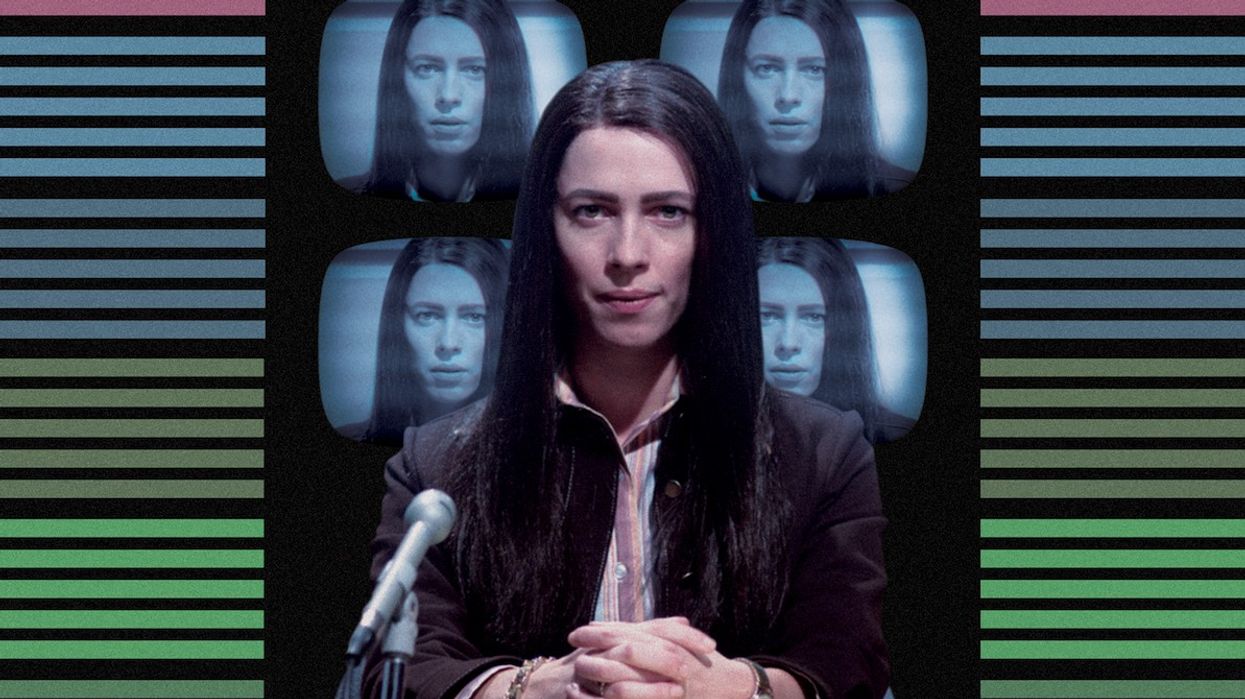'Friction is Where the Good Stuff Comes': The Intense Writer-Director Collaboration Behind 'Christine' [PODCAST]
'Christine' director Antonio Campos and screenwriter Craig Shilowich discuss how butting heads with each other led to the construction of a better film.

There's a reason why we've been publishing articles about Antonio Campos' latest directorial effort Christine sincewe first saw it in January at Sundance. Campos and his collective, Borderline Films, have released some of the most exciting independent films of the past 10 years. The group, which also includes filmmakers Josh Mond and Sean Durkin, famously take turns in the roles of producer, writer, and director of each other's films. This is a model and ambition that we could all look to match within our own work.
So far, the products of their efforts have included the equally dark and twisted Martha Marcy May Marlene, James White, and Simon Killer. This is Campos' first film outside of the Borderline model. His collaboration with first-time screenwriter Craig Shilowich truly demonstrates what a filmmaker and writer can accomplish if they do away with pleasantries and just get real.
The film tells the tragic story of Christine Chubbuck, masterfully portrayed by Rebecca Hall, a 1970s news reporter whose mental illness led her to commit suicide on live television. The tactics used to demonstrate Christine's slow descent into madness were the result of an endless series of back-and-forths and improvements to the script made between Shilowhich (who also produced the film) and Campos.
"Your base instinct is going to be to defend, but you have to learn to open yourself up to criticism."
Shilowich believes his biggest takeaway from the production of the film was that "there’s always something good in every piece of criticism coming your way, even if it’s not what they’re saying it is. There’s something underneath it. When someone is presenting you with an idea or a problem, they may not have the right solution, but if one or multiple people are saying the same thing, you owe it to your project to take a look at it. Your base instinct is going to be to defend, but you have to learn to open yourself up to criticism."
Once that leap is made, then true collaboration is possible. "You have to know when to abandon certain ideas and pursue others," said Shilowich. "It's about having someone to help you keep the shitty stuff that doesn’t work out of the movie."

While it may take some artistic sacrifice on your part, Campos makes it clear that "as shitty as confrontation is, it’s a necessary part for any sort of relationship to become meaningful." There is no value in artistic pleasantries because "a pleasant relationship is where you skirt around things. A confrontation is where you work things out." At least in the case of Christine, the process of working things out between director and screenwriter resulted in some of the film's most brilliant moments.
Campos may have summed it up best in saying "the process of the friction is where the good stuff comes." It may sound dirty, but it's the truth.
Christine opens Friday, October 14th, as a limited release.
Please subscribe and rate us on iTunes, Soundcloud, or the podcasting app of your choice. You can play all of our No Film School interview episodes right here:
This episode was produced and edited by Jon Fusco.











